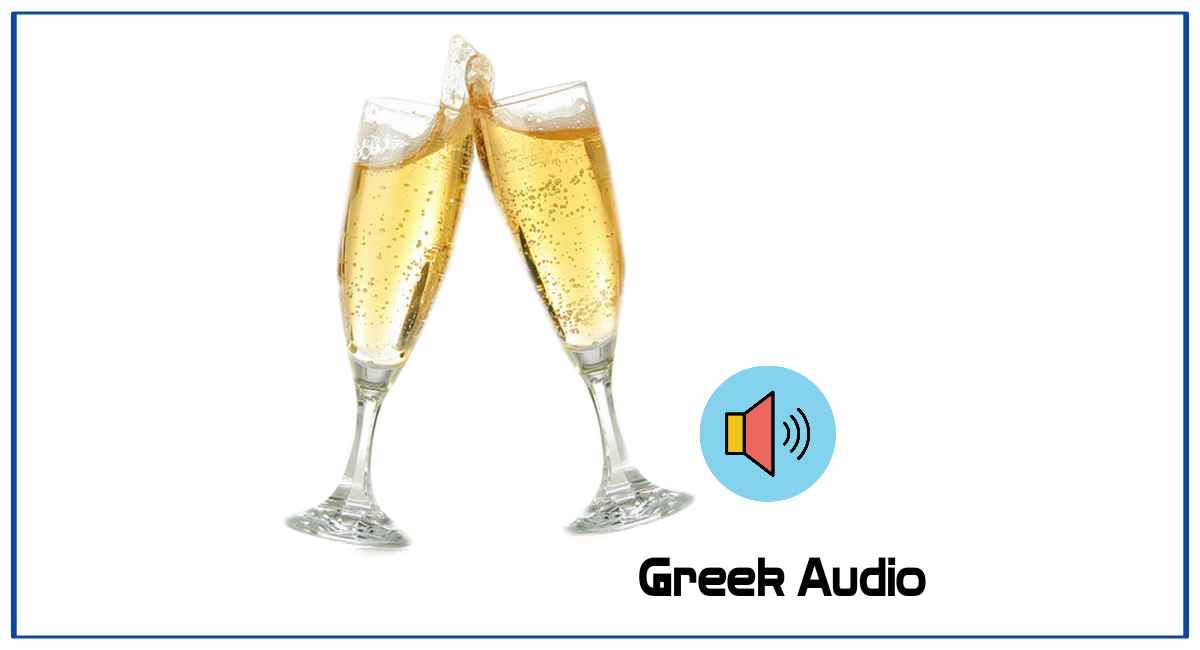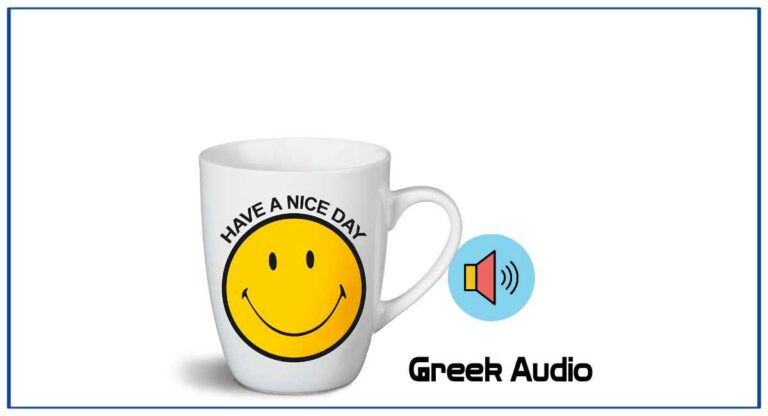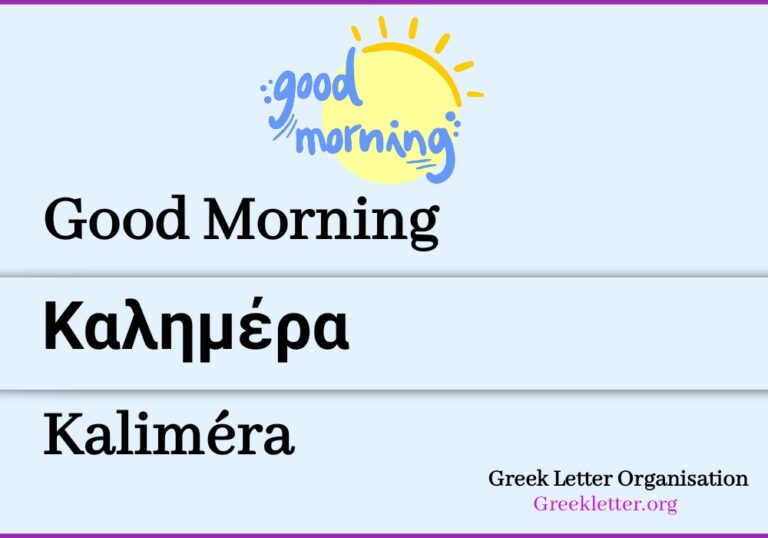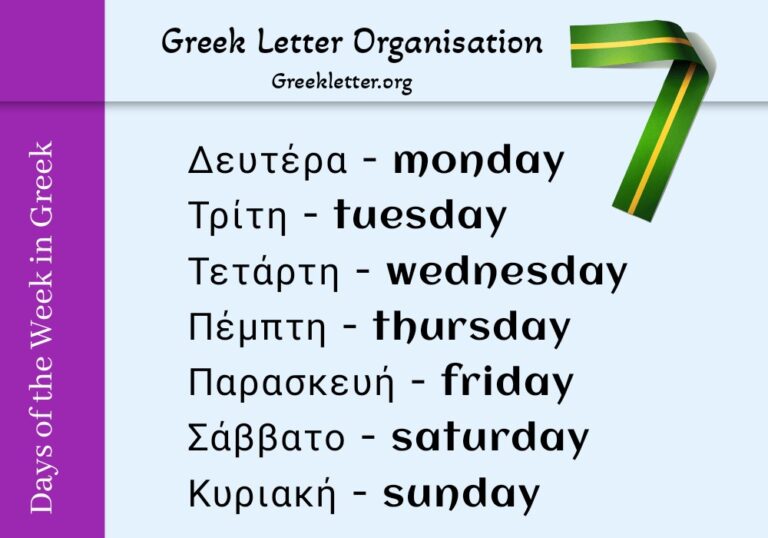How To Say Cheers In Greek Language
The word cheers holds a special significance when it comes to toasting and celebrating in Greece. It is a simple gesture and an expression of joy, camaraderie, and hospitality.
Whether you immerse yourself in the lively atmosphere of a Greek taverna or enjoy a quiet evening with friends at home, knowing how to say cheers in Greek will surely enhance your experience.
In this article, we will explore different ways to say cheers in the Greek language and their pronunciation and even provide audio examples for you to practice. So grab your glass and get ready to raise it high as we dive into the fascinating world of Greek toast traditions!
How To Say Cheers In Greek Language
In Greek, the common way to say “cheers” or toast when raising a glass is “ΥΓΕΙΑ!” (YGEIA!), which is pronounced as “ee-YEH-ah.” This word means “health” in Greek and is used to wish good health to everyone present during the toast. It’s a friendly and widely recognized way to raise a toast in Greece.
When making a toast, it’s common for Greeks to make eye contact with the people they are toasting, hold their glasses high, and say “ΥΓΕΙΑ!” before taking a sip. It’s a joyful and celebratory gesture often accompanied by clinking glasses.
Please note that in Greece, it’s customary to maintain eye contact during the toast, and it’s considered polite to take at least a small sip of the toasted beverage. Cheers!
How To Say Cheers In Greek
In Greek, the common way to say “cheers” when making a toast is “ΥΓΕΙΑ!” (YGEIA!). It’s pronounced as “ee-YEH-ah.” This word means “health” in Greek and is used to wish good health to those you are toasting. It’s a friendly and widely recognized way to raise a toast in Greece.
When making a toast in Greek, it’s customary to make eye contact with the people you are toasting, hold your glass high, and say “ΥΓΕΙΑ!” before taking a sip. It’s a joyful and celebratory gesture often accompanied by clinking glasses.
So, the next time you’re in Greece or enjoying a Greek meal with friends, you can use “ΥΓΕΙΑ!” to say cheers and celebrate together.
How To Say Cheers In Greek Pronunciation
To say “cheers” in Greek, you would say “ΥΓΕΙΑ!” (YGEIA!). Here’s the pronunciation:
- “ΥΓΕΙΑ!” (YGEIA!): Pronounced as “ee-YEH-ah.”
You can use this phrase when making a toast with friends or during a celebratory moment; clinking glasses typically accompany it. Enjoy your Greek toast!
How To Say Cheers In Greek Audio
By clicking the play button below, you can hear the correct pronunciation of ΥΓΕΙΑ. Listening to audio clips like this allows us to immerse ourselves in different cultures fully and appreciate their unique customs. So go ahead, click play, and learn to say cheers like a true Greek!
By incorporating joyful traditions such as toasting into our lives, we can connect on a deeper level. Toasting provides a genuine connection, where we acknowledge each other’s presence and celebrate milestones or simple moments together.
Whether clinking glasses at a family gathering or sharing cocktails with friends at a vibrant taverna by the Mediterranean Sea, learning to say cheers in Greek will undoubtedly enhance your cultural experience.
Essential Greek Greetings: The Full List
Here’s a list of essential Greek greetings, both formal and informal, along with their English translations:
Formal Greetings:
- Χαίρετε (Chaírete) – Hello (formal, polite)
- Γειά σας (Geiá sas) – Hello (formal, polite)
- Γειά σας κύριε/κυρία (Geiá sas kýrie/kiría) – Hello, sir/madam (very formal)
Informal Greetings:
- Γειά σου (Geiá sou) – Hi, Hello (informal, friendly)
- Γειά σας όλοι (Geiá sas óloi) – Hello, everyone (formal)
- Γεια σας παιδιά (Geia sas paidia) – Hello, kids (informal)
Time-of-Day Greetings:
- Καλημέρα (Kaliméra) – Good morning
- Καλησπέρα (Kalispéra) – Good evening
- Καληνύχτα (Kaliníkhta) – Good night
- Καλό πρωί (Kaló proí) – Good day
- Καλό απόγευμα (Kaló apógevma) – Good afternoon
Other Common Greetings:
- Χαιρετίσματα (Chairetísmata) – Greetings
- Γειά σου/σας, τι κάνεις/κάνετε; (Geiá sou/sas, ti káneis/kánete?) – Hi/Hello, how are you? (informal/formal)
- Πώς είστε; (Pós eíste?) – How are you? (formal)
- Πώς πάει; (Pós páei?) – How is it going?
- Special Occasions and Expressions:
- Καλή επιτυχία (Kalí epitychía) – Good luck
- Χαρά σας γνωρίζω (Chará sas gnorízo) – Nice to meet you (formal)
- Καλή ημέρα (Kalí iméra) – Have a nice day
- Καλή σας όρεξη (Kalí sas órexi) – Enjoy your meal (formal)
These Greek greetings cover a range of formalities and are used in various situations. You can choose the appropriate one based on the context and your relationship with the person you are addressing.
Conclusion Points
In conclusion, learning to say cheers in Greek can be a fun and valuable skill for anyone interested in Greek culture or planning a trip to Greece. By mastering the pronunciation and understanding the cultural significance behind this common toast, you can fully immerse yourself in the Greek drinking experience.
Whether you say Yamas or Gia mas, remember to maintain eye contact, clink glasses with your fellow drinkers, and enjoy the moment. So why not start practicing today? Raise your glass and confidently toast with hearty Cheers!
FAQs
1. How do you say bye in Greek?
In Greek, bye is said as αντίο (adio).
2. What is the correct way to say bye in Greek?
The correct way to say bye in Greek is αντίο (adio).
3. How do you pronounce the word for bye in Greek?
The pronunciation of αντίο (adio) is ahn-DEE-oh.
4. Is an audio guide available for learning to say bye in Greek?
There are audio guides available online that can help you learn how to say bye in Greek correctly.
5. Where can I learn greeting words in the Greek language?
You can learn greeting words and phrases in the Greek language through online language courses or by using language learning apps.
6. What are some other common greetings in Greek besides saying bye?
Common greetings in Greek include saying καλημέρα (kaliméra) for good morning or καλησπέρα (kalispera) for good evening.
7. Can you recommend any resources for learning Greek greetings?
Many online resources, such as websites and apps, provide lessons and exercises specifically focused on teaching Greek greetings.
8. Are there any cultural considerations when using greeting words in Greece?
It’s always a good idea to respect the local culture when using greeting words in Greece, so make sure to use them appropriately and with a friendly tone.






